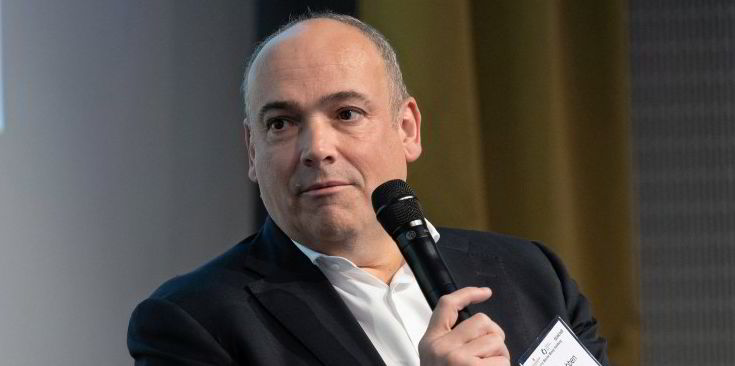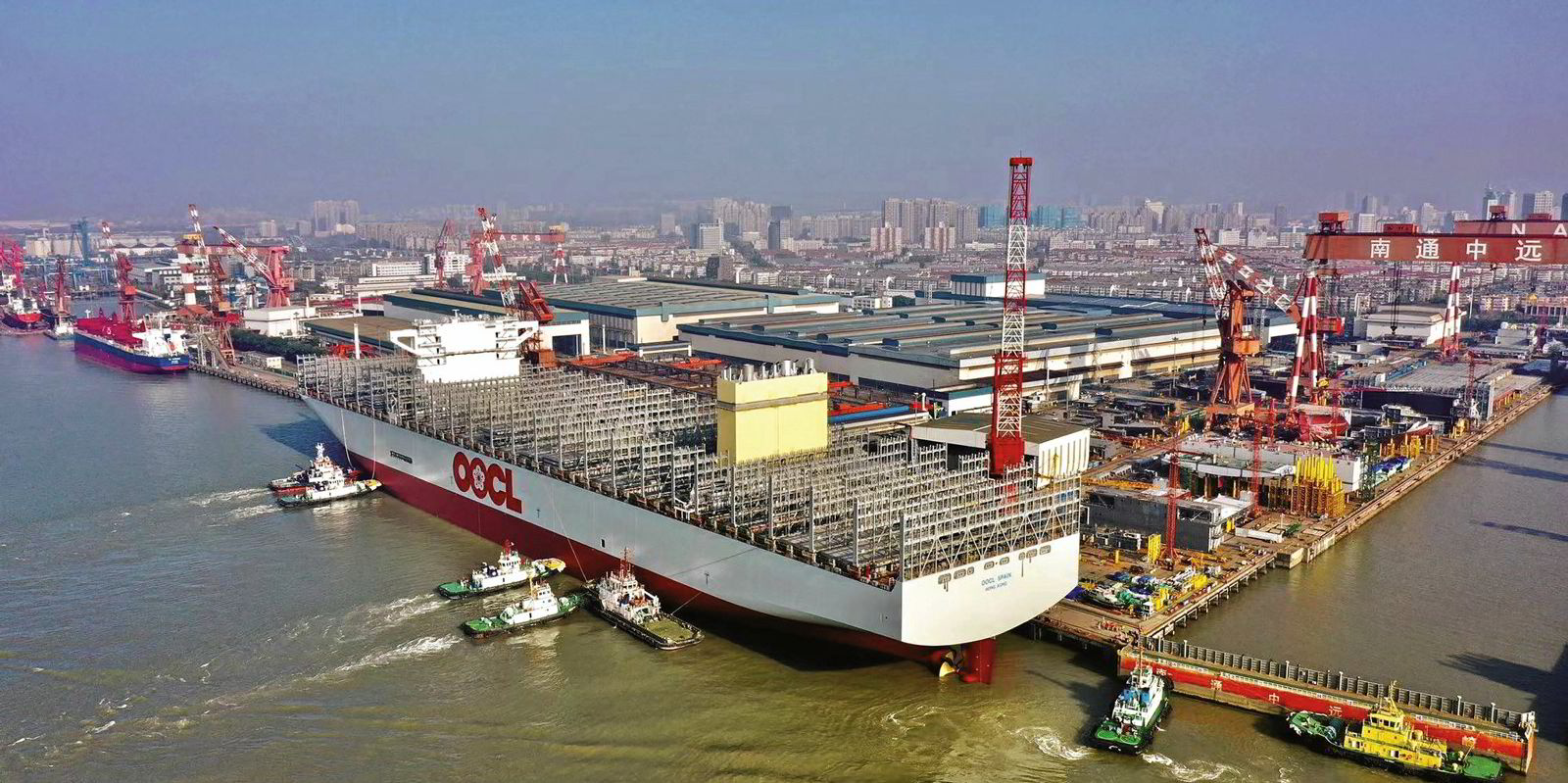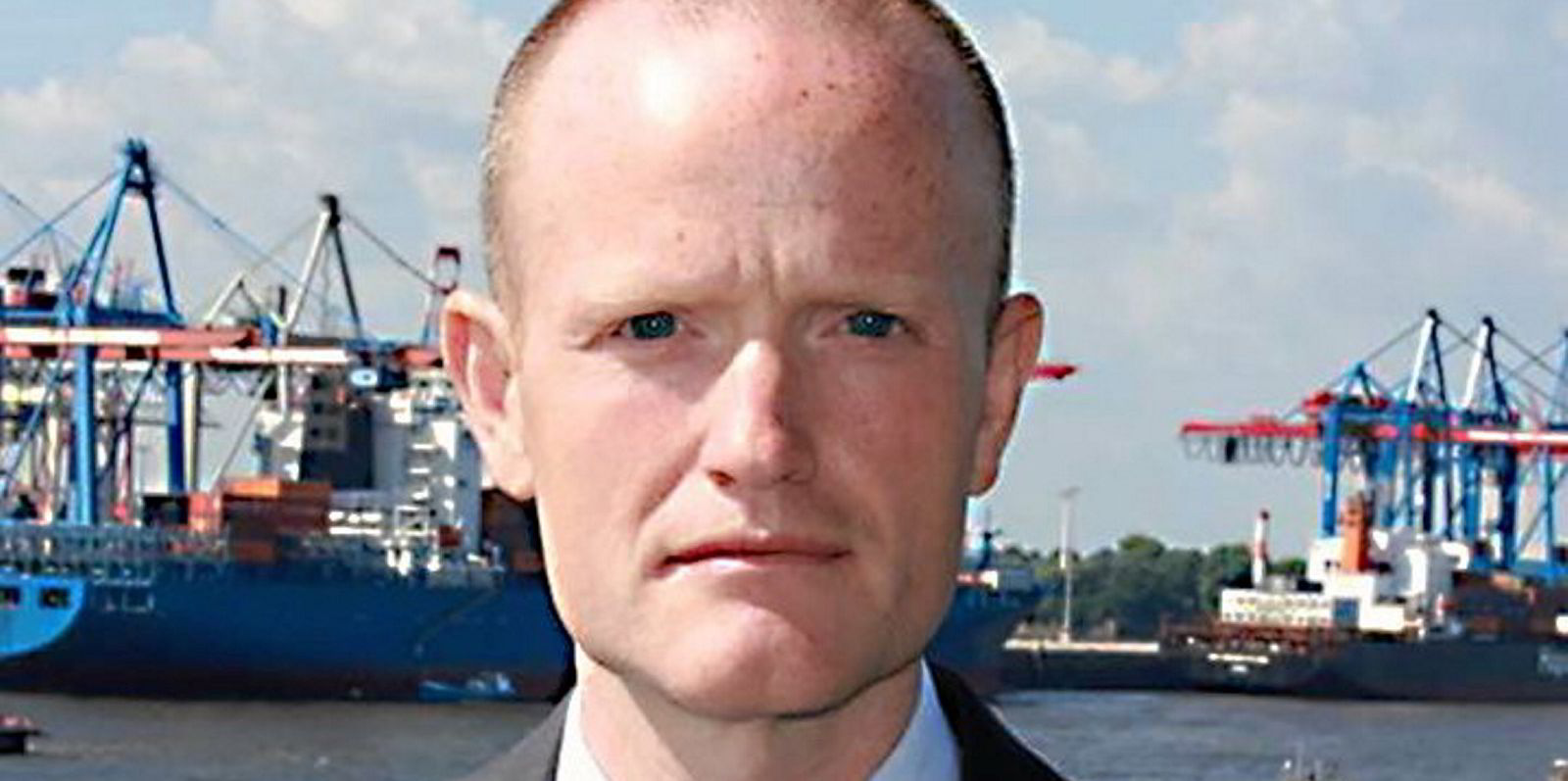Hapag-Lloyd expects to earn billions of dollars less this year as it earnings gradually normalise.
The world’s fifth-largest liner operator expects Ebitda to fall between $4.3bn and $6.5bn this year — way down on the $20.5bn earned in 2022.
Ebit is expected to be $2.1bn to $4.3bn compared with $18.5bn last year.
The new guidance was issued today as the Hamburg-based company published its annual report on its 175th anniversary.
The forecast is subject to considerable uncertainty, given the war in Ukraine and other geopolitical conflicts, as well as the impacts of high inflation, it said.
“We have got the current financial year off to a decent start, but the economy has cooled and a significant decrease in earnings remains inevitable,” said chief executive Rolf Habben Jansen.
“So we will continue to act flexibly in the market and keep a close eye on our costs.”
Hapag-Lloyd made a group profit of $18bn in 2022, up from $10.7bn the previous year.
That enabled it to pay out €11.1bn ($11.8bn) in dividends, which amounts to €63 per share.
Group equity has strengthened to €28bn and the equity ratio has risen to more than 70%.
Exceptionally strong
“Overall, we look back on a very successful 2022 with exceptionally strong results. This has enabled us to strengthen our financial resilience and asset structure once again,” Habben Jansen said.
“In addition, we have improved the quality of service for our customers and invested in terminals and infrastructure as well as in the efficiency of our fleet.
“However, costs — such as for fuel, charter vessels and container handling — have risen significantly.”
Revenues rose to €36.5bn, due mainly to an increase in average freight rates to $2,863 per teu, up 43% from the previous year.
However, falling freight rates have already begun to hurt the bottom line.
Average freight rates were down to $2,625 per teu in the fourth quarter as congestion eased and demand declined.
Transport volumes of 11.8m teu for the full year were roughly on par with 2021.
Hapag-Lloyd will work intensively on formulating the strategic course that it will pursue until 2030, Habben Jansen said.





